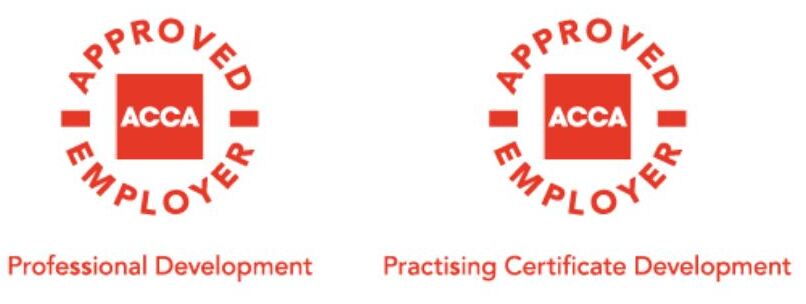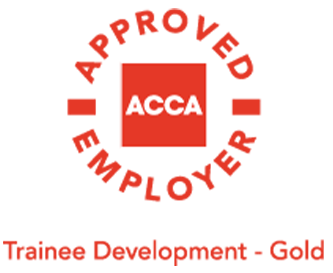Resurfacing - Repairs or Capital?
Newsletter issue - September 2013.
Any business owner whose property includes a road, driveway, or parking area, will have to repair those surfaces at some point. The question is whether to charge the costs to 'repairs' or to 'capital improvements' in the accounts.
This decision has significant tax consequences, as the cost of repairs will qualify for a tax deduction, but capital improvements will not. Capital expenditure on improvements or renewals doesn't get a tax deduction until the property is sold. Capital allowances can't be claimed for the cost of laying roads or the structure of buildings, except in rare cases where the facility is used for research and development.
Tax Inspectors frequently challenge the cost of repairs in business accounts, particularly where the sum expended in one year is large. The Inspector may argue that where a road is resurfaced, the work should be treated as a renewal (capital) and not a repair. However, following a number of tax cases on this issue HMRC has changed its official guidance to its Tax Inspectors. The new guidance states that where a road has been resurfaced, that amounts to a repair and not a renewal or a replacement, so the cost is tax allowable.
There are still many grey areas which can be argued to be one side of the capital/repairs line or the other. If you need a second opinion on the tax deductibility of your property expenses, please do ask us.






